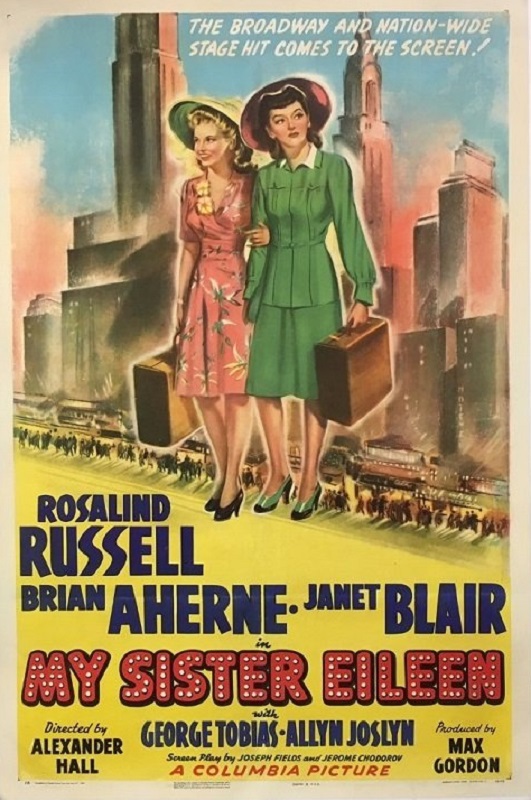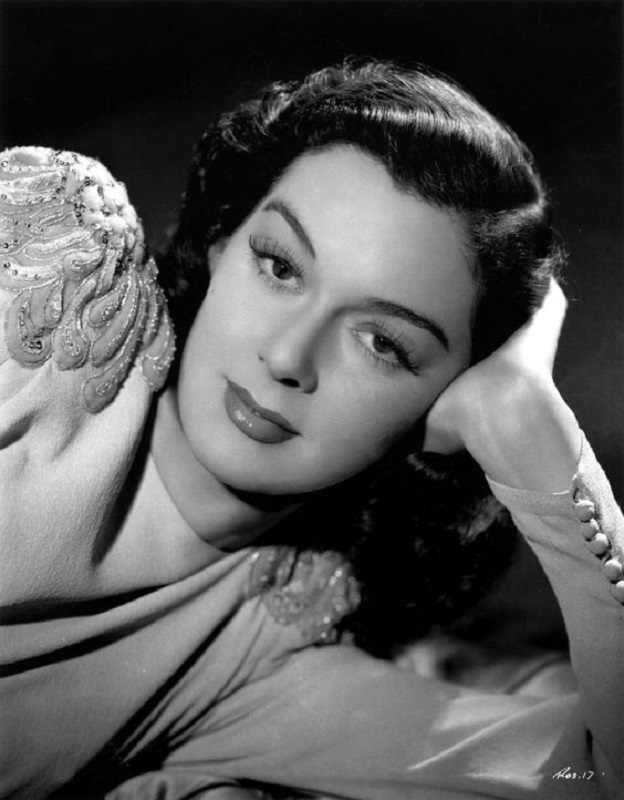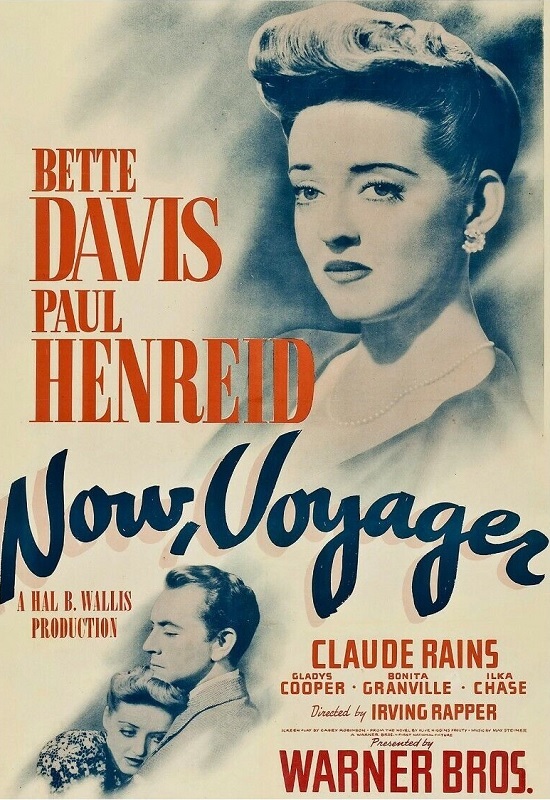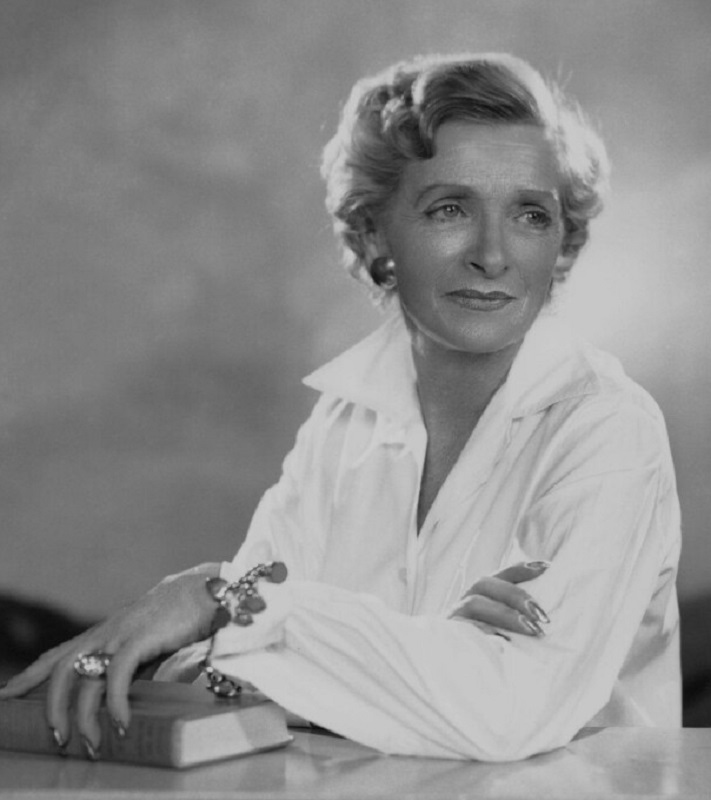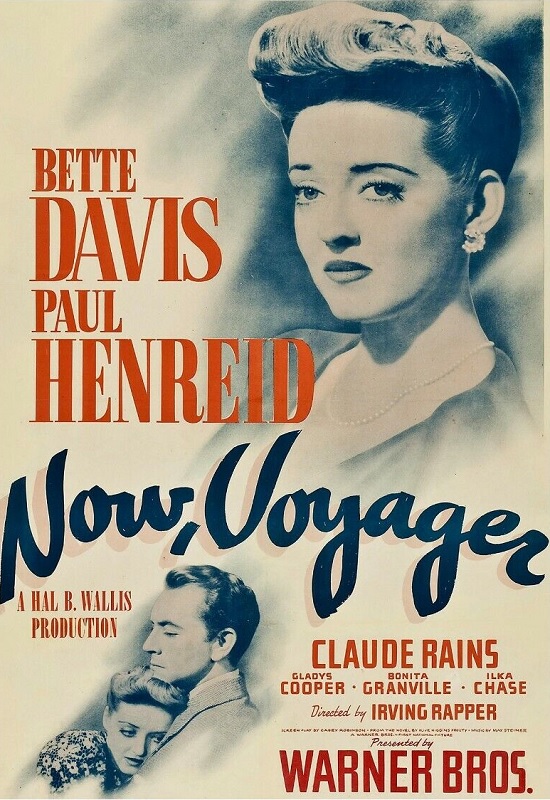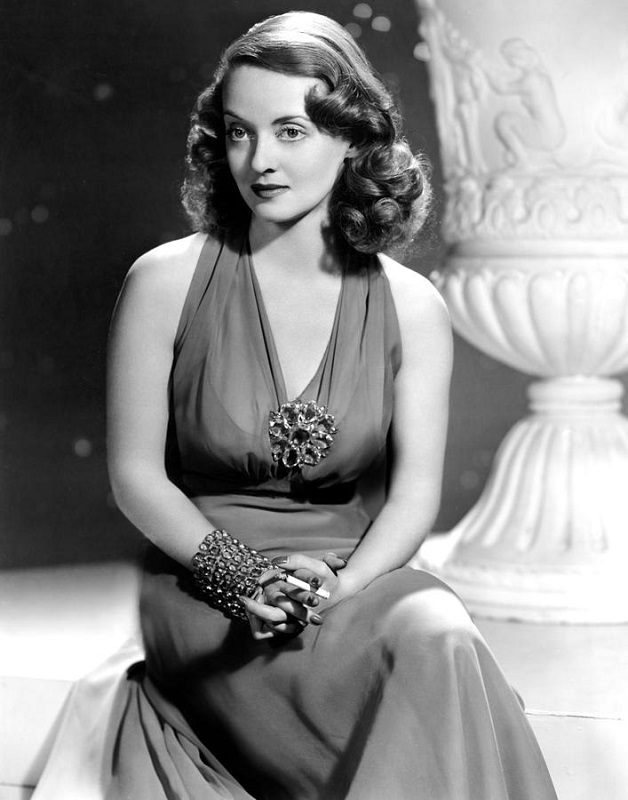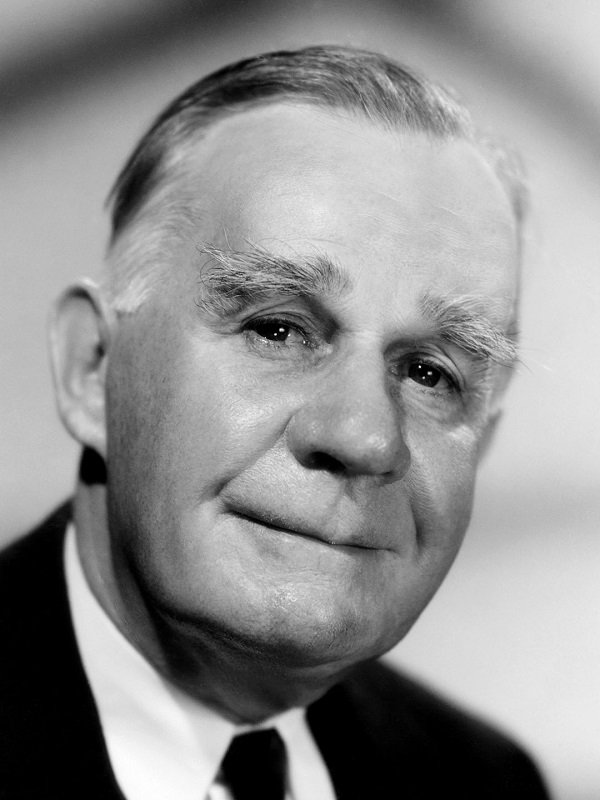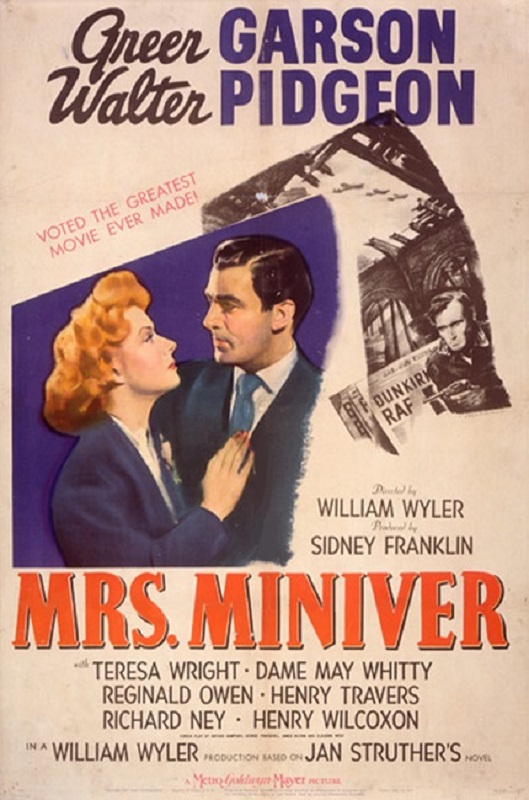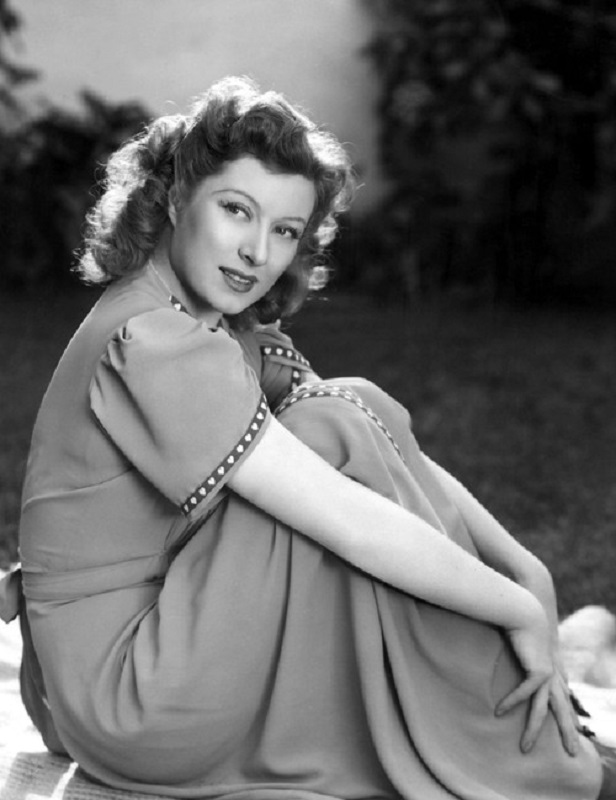

1942 – William Bendix
Wake Island
Ok, I’ll say it. This is one of those acting nominations that I don’t get. This was a serious movie about the brave men, both soldiers and civilians, who fought and died on Wake Island in WWII. Bendix played Private Aloysius K. Randall, a goofy palooka who was like the comic relief in the dangerous situation. He, and his friend, played by Robert Preston, were consistently making wise-cracks and getting into fist fights. But I don’t feel the character added much to the plot, and unfortunately, I don’t feel that Bendix did much to add to the character.
As the comic relief, he wasn’t very funny. As a soldier in battle, he didn’t really do much. His only distinction was in the script. When Randall had the chance to get on the last boat to safety as a civilian, he turned it down and asked to be reinstated as a soldier, even though it was most likely a death sentence, which I suppose might have appealed to the propaganda angle of the film. Bendix was like the common man, and the filmmakers wanted to persuade common American men to fight in the war, and risk death in the service of their country. It was a noble and honorable sentiment, and I suppose Bendix did that well enough.
So was Bendix perfect for the role? Yes, he was, as it was written. Was the role worth an Oscar nomination? I don’t think so. There just wasn’t much to it. And unfortunately, I don’t know what Bendix could have done to elevate the character. Maybe he could have played it a little more seriously, given the character of Randall more gravitas, more somberness, or even a sense of impending doom. Maybe he could have been more earnest in his desire to fight, and when he was in battle, been tougher, more feral. But even there, he was too much the gentle giant.
I don’t know. I just didn’t get any fierceness from him, neither in battle, nor in his desire to fight for his country. But that’s just me trying to turn him into a tragic character, a dramatic character, and that’s not how Randall was written. He was supposed to be a loveable palooka, short on smarts, but not in heart. Still, maybe there might have been a way for Bendix to be the goofball, but still give the character more weight. But that didn’t happen, and more’s the pity.














